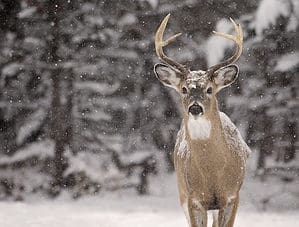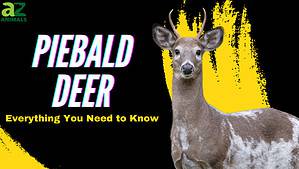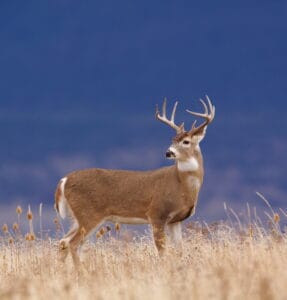Rhode Island Deer season is open in the Fall from mid-September to late January. The state is split into four zones, each with different season opening and closing dates. The deer seasons are also split into three different season types (Archery, Muzzleloader, Shotgun), each with specific dates and regulations.
There are also periods in each season strictly for youth hunters. The bag limit for bucks and does also depends on the zone they harvested from.
Since the rules vary between zones, before hunting, review the current Rhode Island Department of Environmental Management – Fish and Wildlife Division (DEM-DFW) requirements for licenses, permits, Zone maps, and the regulations for deer hunting in the state.
Hunting License Requirements
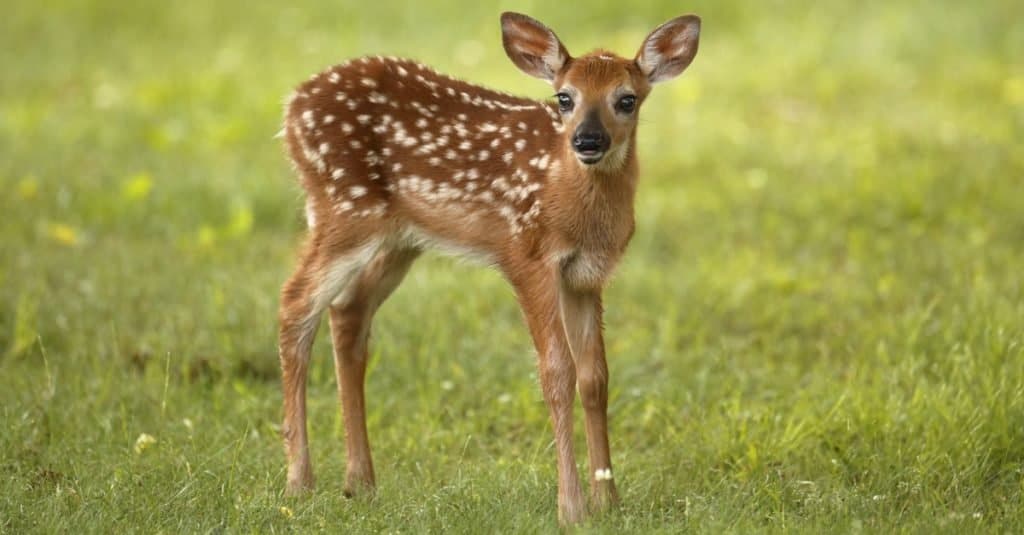
Rhode Island has a combination license if you want to hunt and
fish
.
©Paul Tessier/Shutterstock.com
A Rhode Island Hunting license is required to deer hunt in the state. Everyone over the age of 12 must purchase one. They can be purchased on the Rhode Island DEM website, at the DEM office of Boating Registration and Licenses in Providence, or from authorized agents.
If you are not a resident of Rhode Island and would like to hunt in the state, you must purchase a Rhode Island Non-Resident Hunting License. A hunting license from your state of residence is not valid. Rhode Island has a combination license if you want to hunt and fish. You can also purchase a Junior hunting license for youths ages 12-15. If you’re over 65, you may qualify for a free combination license.
In addition to the base hunting license, you must also purchase a deer permit to hunt deer in Rhode Island. These permits are specific to residents, non-residents, the sex of the deer, the zone you hunt in, and the weapon (season type). Each permit includes a tag for the deer you harvest. Each deer you harvest must have a tag, so each permit your purchase is only valid for one deer.
A “Resident All Outdoors Package Permit” is available for residents and includes two antlered deer and five antlerless deer permits and may be used in any combination during the various seasons in zones 1 and 2.
Anyone wishing to purchase a hunting license for the first time must complete a course in safe hunting or archery practices. One exception is if you are or have been a member of the armed forces. When you apply for the license, you must present a valid hunter safety certificate from Rhode Island or another state.
If you wish to purchase an archery permit, you must present proof that you have completed an Archery safety course. A list of the in-person courses, dates, and locations is available on the DEM website. There is also an online hunter education course and an online bowhunter education course.
Deer Season Types
Deer seasons in Rhode Island are divided into three basic types: Archery, Muzzleloader, and Shotgun. There are also specific dates within these three seasons when only Youths are allowed to hunt. Archery season typically starts in mid-September in zones 1 and 2 and later in October or November in zones three and four. Archery season usually closes on January 31st. Muzzleloader season is open in November in zones 1 and 2.
Shotgun season is open during December on various days, depending on the zone. There is no muzzleloader or shotgun season in zones 3 and 4. Keep in mind that modern Handguns and Rifles are not allowed to be used for hunting deer in Rhode Island, so there is no open “gun” or “firearm” season like most other states have.
Season Type Regulations
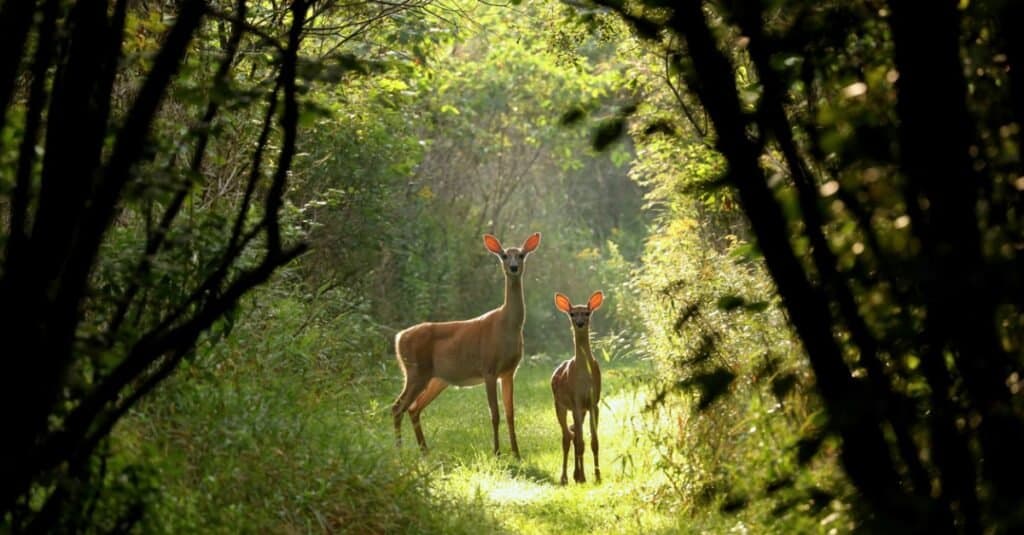
. Keep in mind that modern Handguns and Rifles are not allowed to be used for hunting deer in Rhode Island.
©iStock.com/Karel Bock
While hunting in a specific season, hunters must use an approved hunting device and have the proper permit specific to the zone and season type. Details of the season types are listed here:
Archery Season
Hunters may use archery equipment this season, such as longbows, re-curve bows, compound bows, and crossbows. Longbows, re-curves, and compound bows must have a minimum draw weight of 40 pounds for archers using fixed-blade broadheads and a minimum of 50 pounds for archers using mechanical broadheads. Broadhead-tipped arrows must be used and have at least two metal cutting edges.
The broadhead must have a minimum diameter of 7/8″. Mechanical broadheads are allowed but must be at least 7/8″ in diameter in the open position. Crossbows must have a minimum draw weight of 125 pounds, and the exact arrow requirements as bows apply. Any type of firearm is not allowed during this season.
Muzzleloader Season
Muzzleloaders allowed during this season must use percussion caplock, flintlock, or in-line ignition systems using percussion caps, rifle, or shotshell primers. These firearms are limited to .45 caliber or more significant. Only single-barrel or double-barrel firearms that allow loading from the muzzle are permitted.
The projectile must be a single ball or sabot, with the powder being limited to the manufactures specifications for the firearm being used. A telescopic sight mounted to the firearm is allowed. Other modern firearms that fire cartridges are not allowed during this season.
Shotgun Season
Shotguns allowed during this season that are 10, 12, 16, or 20 gauge. The ammunition must be slugs, a single lead or alloy projectile. Buckshot is not allowed. The shotgun must not be capable of holding more than five shells. A one-piece filler inserted into the magazine or tube is allowed to limit the capacity, and it must require disassembling the shotgun to remove it.
Muzzleloaders are allowed this season instead of using a shotgun, provided the hunter has a shotgun season permit. Rifles and handguns cannot be used to hunt deer anywhere in Rhode Island.
Youth Hunt Season
During the Archery and Muzzleloader seasons, one weekend in each zone is typically open to youth hunters aged 12-15. All youth hunters ages 12-14 must hunt in the immediate company of an adult 21 years or older with a valid hunting license. Each adult may only accompany two youth hunters. Youth hunters 15 years of age do not have to be accompanied by an adult.
Overall Regulations and Safety
Below is a list of some notable regulations to keep in mind while hunting in Rhode Island. This is not an extensive list, so be sure to review and understand all of the rules as they apply to you before your first hunting trip in the state.
- Possession of modern shotgun shells while hunting with a muzzleloader is not allowed.
- It is unlawful to carry a loaded firearm or archery equipment outside legal hunting hours. Hunting hours are from 30 minutes before sunrise until 30 minutes after sunset.
- Hunting deer with a rifle or a handgun is not allowed.
- Discharging a firearm within 500 feet or archery hunting within 200 feet of an occupied dwelling without written permission is prohibited.
- Shooting, hunting, or pursuing deer on, along, or across a public highway is not allowed.
- Always have permission from the landowner if you are hunting on private land.
- During the shotgun deer season, a solid fluorescent hunter-orange garment must be worn above the waist that is visible in all directions. The total area of the hunter orange material must be at least 500 square inches and can be a combination of a hat and vest. During muzzleloader season, archery hunters must wear at least 200 square inches (a hat, for example) while traveling to and from an elevated stand. Once in the stand, archery hunters are exempt from the orange requirement. Muzzleloader deer hunters must wear 200 square inches of hunter orange at all times.
- In Rhode Island, an antlerless deer is defined as one with no antlers or antlers less than 3 inches long.
- The bag limits for Rhode Island depend on the zone you are hunting in. Statewide, the limit for antlered deer is two, and only one of those can come from zone 3. For antlerless deer, limits are set for each zone. You can harvest the limit in each zone if you have a permit for each deer. For the 2022-23 season, the limit in zone 1 is three. The limit is two in zone 2 and 3; for zone 4, you can harvest an unlimited amount of antlerless deer.
- The use or possession of deer scents/lures containing natural deer urine, tissue, blood, or other bodily fluids is not allowed.
- Baiting deer is not allowed. This includes placing, exposing, distributing, or scattering any material that attracts deer to feed on the material.
- Using dogs to hunt deer is not allowed. If you are hunting and suspect that dogs are pursuing a deer, do not attempt to harvest the deer.
- Using nails, screws, or other items inserted into trees for climbing or holding a tree stand is not allowed on state or co-op properties.
Safety is paramount while hunting since you are handling weapons. Accidents can be fatal. Always be sure of your target. Make sure you have full sight of an antlered or antlerless deer.
Just as important, pay attention to what is beyond your target. If you miss your target deer, is there another deer just beyond it that you may hit instead? You could accidentally take a deer that is not allowed based on your previous harvests. Is there a dwelling or road in the distance? It would be catastrophic to injure someone in the distance because you were not paying attention.
Accidental shootings due to misidentification due occur. However, actual data suggest that most injuries are fall injuries from hunters falling out of tree stands.
If you use a tree stand, use a safety strap to reduce injuries. Inspect and practice with your equipment before you go hunting. Connect your safety strap before you leave the ground, so you do not forget.
Chronic Wasting Disease Concerns in Rhode Island
Chronic Wasting Disease (CWD) is a fatal brain disease that affects the physical condition and behavior of deer, moose, and elk (members of the Cervid family). CWD has been detected in the United States and Canada, but as of 2022 has not been detected in Rhode Island.
The main symptoms are the deer develops poor body condition with their ribs showing and drooping ears and head. Excessive salivation, confusion, and sluggish behavior are also symptoms.
CWD is transmitted from deer to deer through physical contact, environmental contact (soil from where a deer decomposed), or through the infected feed. CWD can also remain in the soil after a carcass has decomposed. If you see any deer that may have symptoms, note the location and report it to the DEM Fish and Wildlife at 401-789-0281.
Rhode Island plans to continue an annual surveillance plan to ensure early detection and disease-free status of the state’s deer population by sampling deer tissue. It is also illegal to import a deer carcass or certain parts of a deer into the state. The brain, eyes, spinal cord, lymph nodes, tonsils, or spleen of any cervid taken from a CWD endemic area may not be imported into Rhode Island.
If you harvest a deer in another state and want to bring it into Rhode Island, the meat must be de-boned and processed, and any taxidermy must be done in the state where it originated.
While there is no evidence that CWD affects humans, you should still take precautions when field dressing and handling your harvested deer.
Wear latex or rubber gloves when field-dressing and handling the meat. Do not saw through bones and remove any excess fatty tissue. Disinfect your tools with a 50/50 solution of bleach and water. Bone out the meat, minimize the handling of the high-risk parts, and certainly do not eat any deer’s brain, spinal cord, eyes, spleen, tonsils, or lymph nodes.
Donate your harvested deer’s head for CWD testing by contacting the DEM Fish and Wildlife and adequately discard the scrap parts of the carcass by double bagging them and disposing of them at a landfill.
What to Do After a Deer is Harvested?
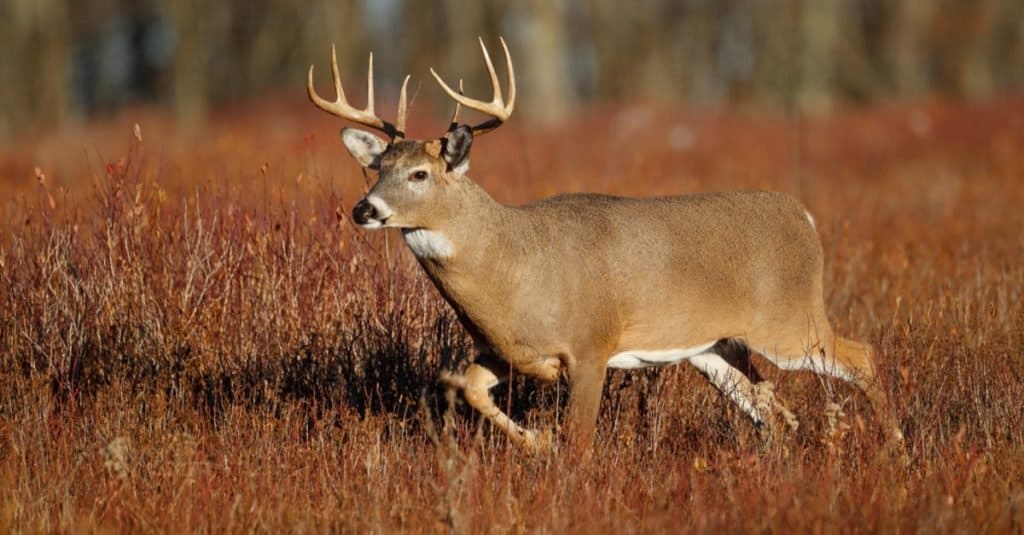
Rhode Island does not allow standard hunting rifles and handguns to be used while deer hunting.
©Paul Tessier/Shutterstock.com
Immediately after a deer is harvested, your deer tag must be notched with the day, hour, and month before moving your deer. The deer may then be moved to be field dressed, take photos, or leave the woods. The tag must be affixed to and remain with the carcass. Before you head to the field, take a plastic bag, such as a ziplock bag and a zip tie.
You can place the tag inside the bag so it does not get wet or damaged. You must then report your harvest to the DEM Fish and Wildlife within 24 hours of the harvest. This can be done online, on your mobile device, or by phone. You will be asked a few questions to determine the age and sex of the deer, along with the location and method of harvest.
Once completed, you will be given a harvest report confirmation number. This number should be recorded on the tag, and the tag should remain attached to the deer until it is prepared for taxidermy or processed for consumption.
Fines for Not Following Regulations
Harvesting deer out of season or with a method not approved in Rhode Island can result in fines, loss of hunting privileges, and even jail time. Some violations could be firearms related, which could result in serious charges, even felonies.
Rhode Island does not allow standard hunting rifles and handguns to be used while deer hunting, so if you are not a resident and are used to hunting with a rifle in your home state, be sure you do not bring it into Rhode Island. Lawyer fees and court costs are also costly, even if you are acquitted.
Be sure you understand the hunting rules, regulations, and license requirements before you hunt deer in Rhode Island. Even if you are a seasoned hunter in another state, not taking the time to review the specifics of Rhode Island’s laws could be costly.
The photo featured at the top of this post is © iStock.com/Dan Richards
Sources
- STATE OF RHODE ISLAND, Department of Environmental Management, Available here: https://dem.ri.gov/sites/g/files/xkgbur861/files/programs/bnatres/fishwild/pdf/cwdbroch.pdf
- Rhode Island Hunting, Available here: https://www.eregulations.com/assets/docs/guides/22RIHD.pdf
- Rhode Island Hunting, Available here: https://www.eregulations.com/rhodeisland/hunting/deer-hunting
Thank you for reading! Have some feedback for us? Contact the AZ Animals editorial team.



